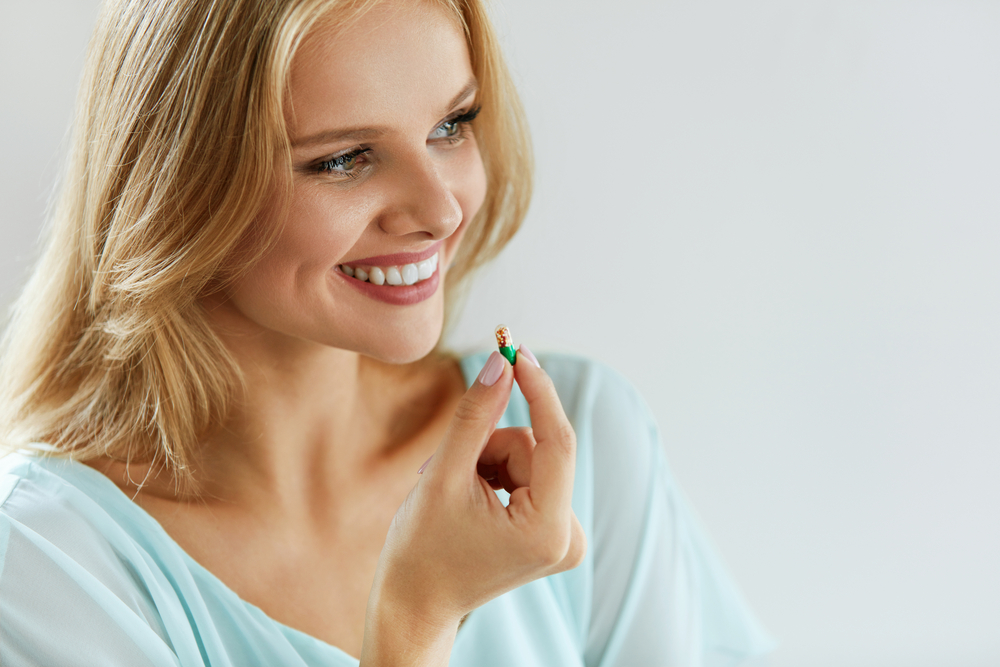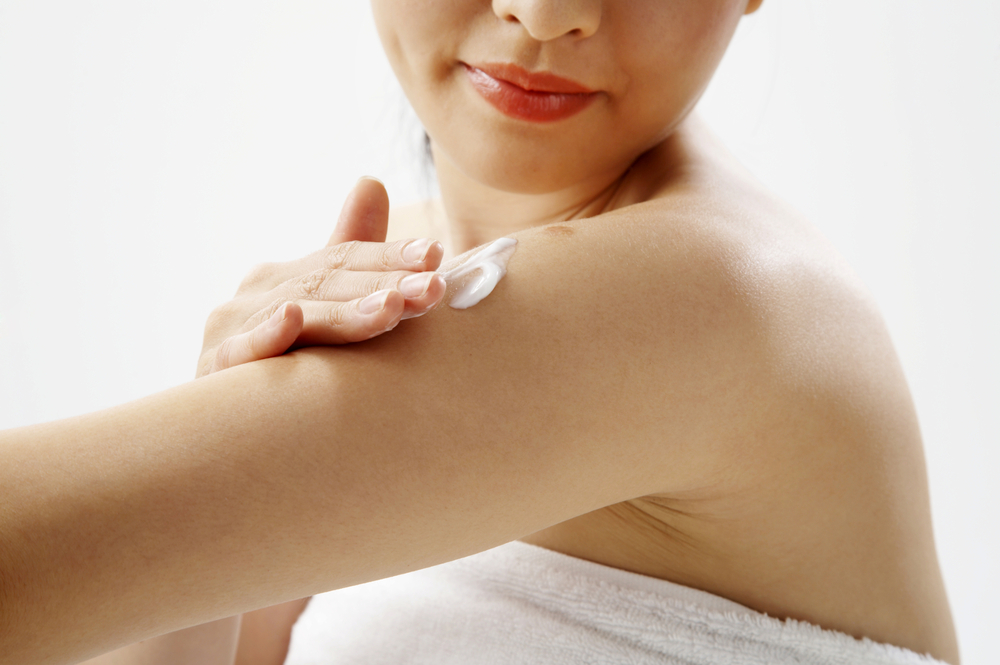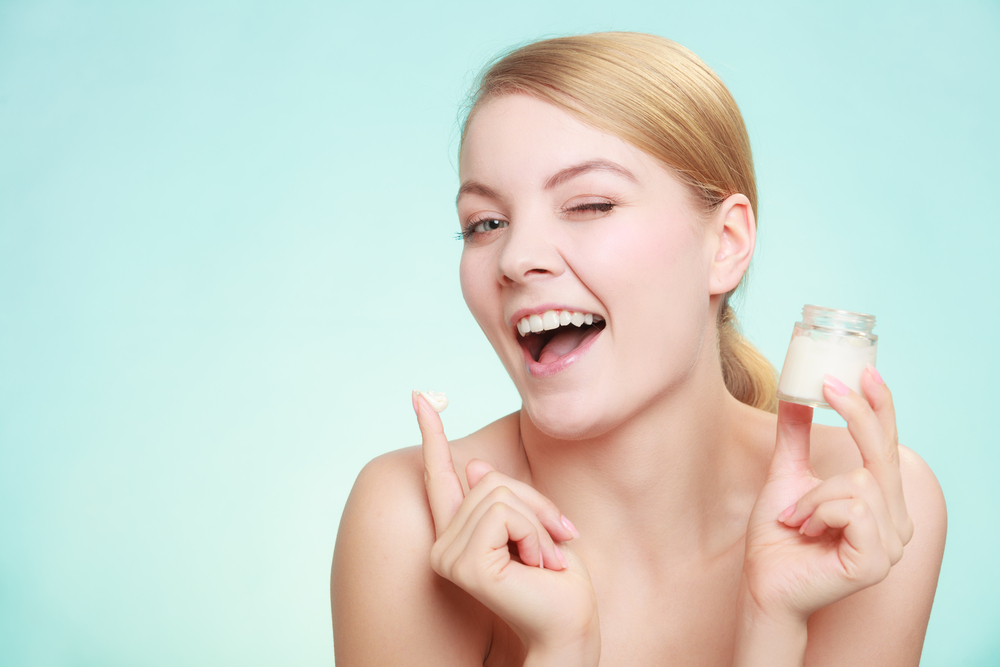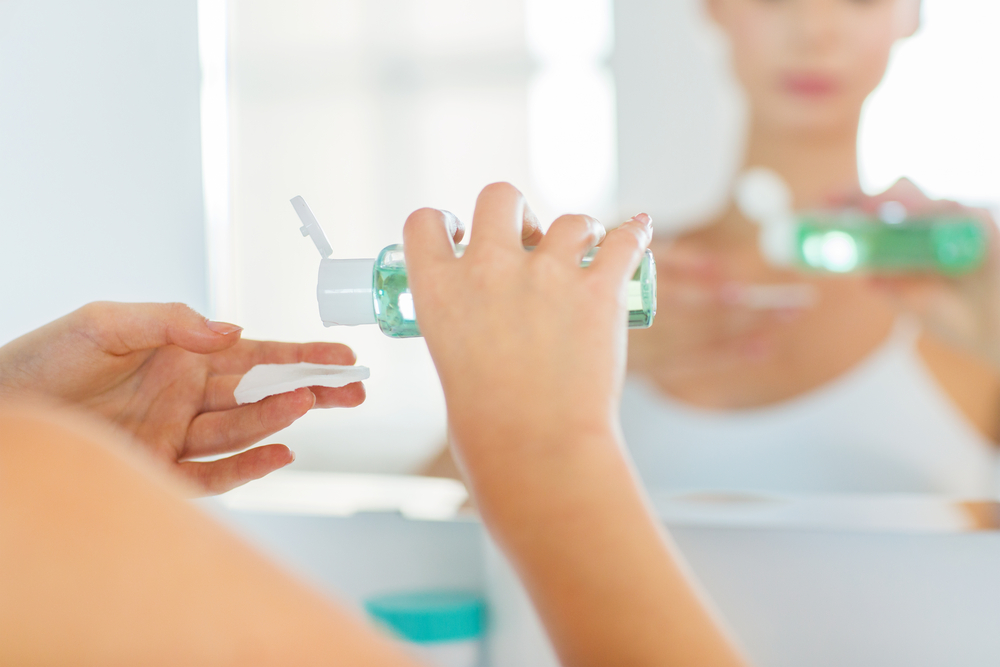- Acne is typically caused by hormonal imbalances and sebum buildup.
- Supplements such as vitamin A, zinc, vitamin C, and selenium may help your skin.
- Always talk to your doctor or dermatologist before taking any vitamin supplement.
Just about everyone will experience acne at some point in life. Characterized by red pimples that develop on the surface of the skin, this incredibly common condition is typically caused by hormonal imbalances in the body and the buildup of bacteria in hair follicles.
There are many treatment options for acne, including topical treatments, antibiotics, oral contraceptives, and a range of over-the-counter skin care products.
However, there are some risks involved with using these medicines, which have prompted a growing number of people to explore vitamin supplements as a way to manage their acne and maintain clear skin.
Read on to learn more about the underlying causes of acne and how vitamin supplements can help you maintain beautiful, clear skin.
What causes acne?
While acne is extremely widespread among teenagers, it is important to note that it can affect people of all ages. In the United States, more than 3 in 5 (61.9%) people who seek medical help for acne are over the age of 18, according to research from the Wake Forest University School of Medicine.
Acne occurs when sebum, an oily substance produced by the sebaceous glands, gets trapped in a hair follicle. This can clog your pores and lead to the growth of Propionibacterium acnes bacteria, which may result in a breakout of pimples, zits, or blackheads.
“Occlusion of the follicles creates a microaerophilic (low oxygen) environment which is ideal for the bacteria to proliferate,” explains Dr. Will Richardson, Medical Dermatologist and Aesthetic Cosmetic Surgeon at Natura Dermatology. “The resultant bacterial overgrowth also has an abundance of oil — or sebum — to live off of as a source of nutrients.”
The metabolism of sebum by the bacteria produces by-products that are pro-inflammatory, Dr. Richarson explains, while hormones are key in increasing oil production and the “fertilizer” bacteria need to proliferate.
What are the best vitamins for treating acne?
Vitamin supplements provide your body with the nutrients it needs to maintain healthy skin and prevent acne breakouts.
While vitamins do offer a more natural way of treating hormonal acne than conventional pharmaceuticals, results typically come more slowly.
Depending on your specific needs, your doctor or dermatologist may recommend that you take one of the following vitamin supplements as part of your skincare routine.
Vitamin A
Vitamin A can be found in many foods, including dairy products, spinach, apricots, and carrots. In addition to helping maintain the health of your vision, reproductive system, and immune system, it also plays a critical role in repairing skin cells. If you are deficient in vitamin A, you may notice that your skin becomes dry and flaky.
In regards to acne, vitamin A is more commonly used in topical retinoid creams, which are able to reduce the number of pimples by 40–70%, according to an investigation published in the Journal of the American Medical Association.
Vitamin A can also be prescribed in an oral form (usually referred to as retinoid isotretinoin) to treat particularly severe and treatment-resistant cases of acne. A study published in Medical Forum Monthly found that within six months isotretinoin was able to completely cure 94% of patients with mild to moderate acne. At the end of nine months, the cure rate had reached 98.96%.
However, as Dr. Tanya Kormeili, MD, FAAD, a board certified dermatologist in Santa Monica explains, there are a number of risks involved with using vitamin A in pill form:
“Vitamin A is a fat soluble vitamin, and as such you cannot excrete the excess amount taken orally,” she says. “The extra amount of vitamin A will store up in your body and cause damage. Some of this damage includes severe headaches, bone and gastrointestinal problems, visual changes, dry skin, and changes in mood potentially.”
Dr. Kormellin also warns that it can also be very harsh on the liver, especially if you consume alcohol. “Also, high doses of vitamin A are extremely toxic to a developing fetus and should not be used by pregnant women,” she says.
Zinc
Zinc is an essential micronutrient for humans that can be found in many food sources, such as lean meat, poultry, spinach, and pumpkin seeds. It is commonly used in the treatment of a variety of skin issues, including rosacea, warts, and melasma, among others.
It is still not fully understood how zinc alleviates hormonal acne, but it is believed that it reduces the production of sebum, which in turn decreases the risk of your pores getting clogged. In addition, zinc may help in managing inflammation, which can otherwise contribute to acne.
While zinc is generally considered to be a safer supplement than vitamin A, it too is not without its risks. As noted in a study published in Dermatology Research and Practice, many people who take oral zinc sulfate experience a range of undesirable symptoms, including nausea, vomiting, and diarrhea.
Taking excessive amounts of zinc can also lead to more serious chronic conditions, including low copper levels, immunodeficiencies, and reduced HDL cholesterol.
The Office of Dietary Supplements recommends a daily allowance of 8 milligrams for women and 11 milligrams for men, with an upper limit of 40 milligrams at which point negative side effects may occur.
Vitamin C
Vitamin C is a water-soluble vitamin that can be found in many fruits and vegetables, including oranges, pineapples, broccoli, tomatoes, leafy greens, and more. A potent antioxidant, vitamin C helps the body repair damaged tissue.
Taking a vitamin C supplement can manage hormonal acne and support skin health in a number of ways. Firstly, it is widely known that vitamin C is highly effective as an anti-inflammatory. This means it can regulate the body’s immune system response to the bacteria that cause acne and may therefore reduce the risk of a breakout.
Additionally, due to vitamin C’s ability to repair damaged tissue and skin cells, it can help prevent post-inflammatory hyperpigmentation, repair scars, and keep your skin looking healthy after a breakout.
Excessive consumption of vitamin C is associated with side effects such as nausea, diarrhea, headaches, and redness of the skin. Extremely high doses of vitamin C may also increase the risk of hyperoxaluria, which puts you at higher risk of getting kidney stones.
Selenium
Selenium is an antioxidant that is found in nuts, grains, seafood, and red meat. While taking selenium alone is unlikely to successfully treat your acne, it can be effective when used in conjunction with other supplements.
Selenium is a synergistic mineral and essentially helps increase the level of other antioxidants in your body. Incorporating more selenium into your diet, along with other vitamin supplements, can boost your overall antioxidant levels, reduce inflammation, and minimize the risk of a breakout.
Most people only need a very small amount of selenium to reap its benefits. The safe upper limit for adults is 400 micrograms per day. Regularly exceeding this amount may cause fevers, bad breath, and potentially increase the risk of heart and kidney issues.
Selenium may also interact with a range of medicines, including birth control pills, antacid, and some drugs used in chemotherapy.
How long does it take to see results?
It is important to remember that vitamin supplements function in a very different way than other forms of acne treatment. Unlike antibiotics or cosmetic surgery, which often deliver near instant results, it may take four to six weeks of supplement use before you notice any changes to your skin.
This is due to the fact that it takes your body time to absorb the vitamins.
Supplements such as vitamin C are water soluble and therefore can be absorbed by the body faster than fat soluble vitamins such as vitamin A, which take some time to accumulate in fat tissue before they are fully effective.
Be patient, and always take your supplements as directed by your doctor.
Are vitamin supplements for acne worth it?
Vitamin supplements aren’t wonder drugs — they can’t instantly cure acne. But if you’ve found that your acne has not responded well to other treatments, it’s possible that supplements could provide your body with the critical nutrients it needs to maintain clear skin.
Over time, vitamin supplements may be able to decrease the risk of an acne breakout or reduce the severity of your acne. They may also be effective when used in conjunction with other treatments.
Be sure to consult with your doctor or dermatologist to find out if taking vitamin supplements to treat acne is right for you.
»To find out more about natural, over-the-counter, and prescription treatments for acne, meet our medical review team and get an online consultation to proceed with the next steps.









